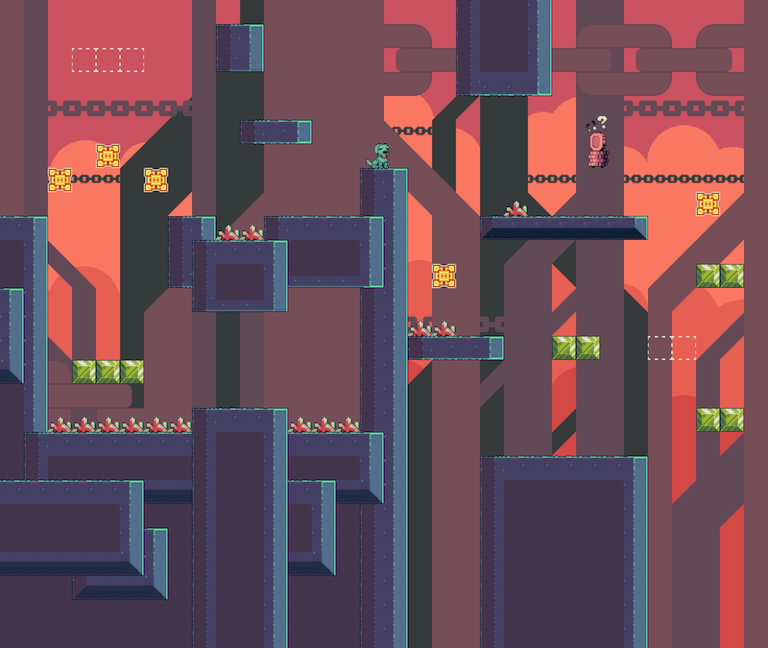OmiseGO (OMG) has officially launched the first decentralized app (dApp) on their network. With the launch of the new “Plasma Dog” game, on OMG’s Plasma testnet, OMG moves one step closer to deploying user-friendly dApps to the network.
The game is called Plasma Dog! Play the game here: https://t.co/NxGOmZaNSs
And check out the transactions on our internal testnet: https://t.co/ZlydWnqEYn#OMG #Plasma #blockchain #OmiseGO #HoardExchange #Devcon4
— OmiseGO (@omise_go) November 1, 2018
Created by Hoard, a development group for cryptocurrencies in video games, Plasma Dog is a traditional 2D side-scroller similar to classic Super Mario Brothers games. Plasma Dog was announced late last week (November 1, 2018) at the conclusion of the Ethereum Devcon4 conference in Prague, Czech Republic. The game is free to play, and can be tried out by clicking here.
Plasma dog is tongue-in-cheek game, using common cryptocurrency terms as characters in the game. Enemies include double spends, faulty child chains, invalid blocks, and even node collusion. The in-game currency is also known as UTXO, short for Unspent Transaction Output, which is the term used for the change of a transaction that’s waiting to be spent. The UTXO token, native to OMG, is immediately delivered to the user’s wallet as soon as they’re obtained in-game.
Plasma Dog highlights the flagship goal of Hoard, which is to make a “simple video game with true ownership.” As defined by Chris Robinson, Hoard community manager:
True ownership is enabled when players have full control of the content of their gaming experience, including their avatars, XP & skills, in-game items, maps, and other customizations. If a player has true ownership of these items, they are free to conduct all types of commerce with them — buy, sell, share, rent, trade, etc on both primary and secondary markets. Player should even be free to import their items from one game into another.
OmiseGO describes themselves as a “a scaling solution for finance on Ethereum, enabling transparent, peer-to-peer transactions in real-time. The decentralized network facilitates self-sovereign financial services across geographies, asset classes and applications.”









